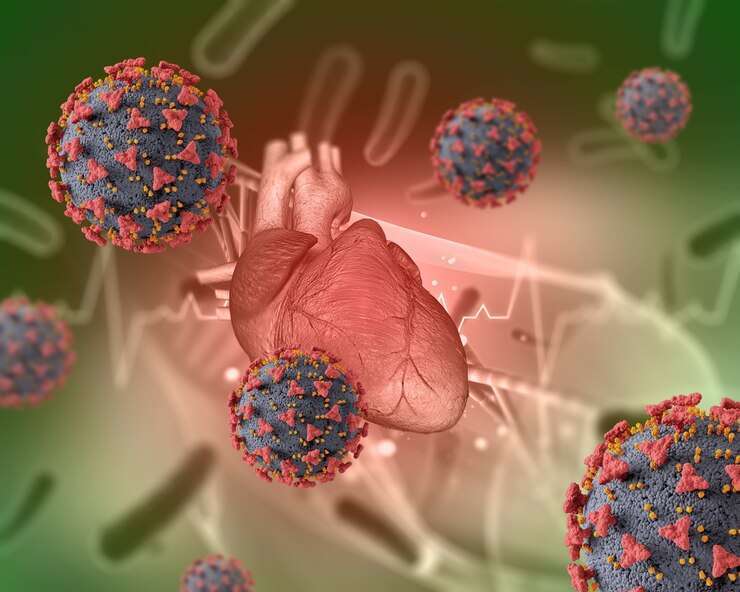Opsoclonus Myoclonus
Overview

Opsoclonus-myoclonus-ataxia syndrome (OMAS), also known as opsoclonus-myoclonus syndrome, is a neurological autoimmune condition characterized by sudden, involuntary movements affecting the limbs and eyes, as well as irregular behaviors, disrupted sleep patterns, and speech difficulties. This syndrome may be initiated by a viral infection or the presence of a tumor, particularly neuroblastoma. Given its association with tumors, OMAS is categorized as a paraneoplastic syndrome.
Symptoms
Symptoms of OMAS comprise:
- Swift, involuntary eye movements (opsoclonus)
- Brief, uncontrolled muscle twitching (myoclonus)
- Lack of muscle control or coordination (ataxia)
- Unsteady walking (unbalanced gait)
- Sleep issues (insomnia)
- Alterations in behavior (irritability, rage, etc.)
- Difficulty speaking (slurring, hard to comprehend, inability to articulate)
- Reduced muscle strength
- Feelings of nausea or vomiting
Causes & Risks
OMAS can emerge due to an immune response triggered by either a tumor called neuroblastoma or a viral infection. This immune reaction prompts the body to generate antibodies targeting the cerebellum at the back of the brain. Consequently, this affects the cerebellum, leading to challenges in walking, erratic eye movements, and a decline in developmental abilities in the patient.
Test & Diagnosis
To determine if a child has OMAS, a series of tests are performed to check for brain abnormalities and tumors in the body. One common test is a lumbar puncture, which examines the spinal fluid for any signs of immune response. Urine exams, such as VMA and HVA tests, are also conducted to look for evidence of tumor presence. Additionally, an MIBG scan may be necessary to detect tumors, where a small amount of a radioactive substance is injected to help with imaging. Detecting OMAS early is crucial for ensuring prompt treatment, and these tests are an essential part of the diagnosis process.
Treatment
Treating OMAS includes addressing any discovered tumors and managing the immune system. If a cancer is detected, it is typically removed and treated accordingly. Resetting the immune system often requires medications like steroids, intravenous immunoglobulin, or rituximab—a form of antibody therapy used in specific autoimmune conditions.
Additionally, opsoclonus-myoclonus treatment usually incorporates physical and occupational therapy to aid in faster recovery.
Living With
Living with Opsoclonus Myoclonus Syndrome (OMS) comes with unique challenges, including unpredictable symptoms like sudden eye movements and jerky muscle actions that affect everyday tasks and coordination. The complexity of OMS treatment involves medications and therapies that often require constant adjustments and check-ups to manage symptoms and immune system problems. These symptoms' unpredictability can disrupt movements, communication, and routines, making everyday tasks challenging. Regular physical and occupational therapy sessions are essential to improve skills and functionality, demanding consistent effort.
Complications
Opsoclonus-Myoclonus Syndrome (OMS) is a rare neurological disorder that can bring several challenges to affected individuals. It causes unpredictable eye and muscle movements, which can make daily tasks difficult, affecting movement and coordination.
These symptoms can also make walking, balancing, and fine motor activities hard, impacting independence and limiting daily life. Moreover, OMS can lead to cognitive and behavior issues such as memory problems, attention difficulties, and behavioral changes, which can impact learning. Uncontrolled movements may also affect speech, making it difficult to express and understand, leading to communication hurdles. Coping with OMS can cause stress, anxiety, frustration, and isolation for individuals and their families, leading to emotional impact.





